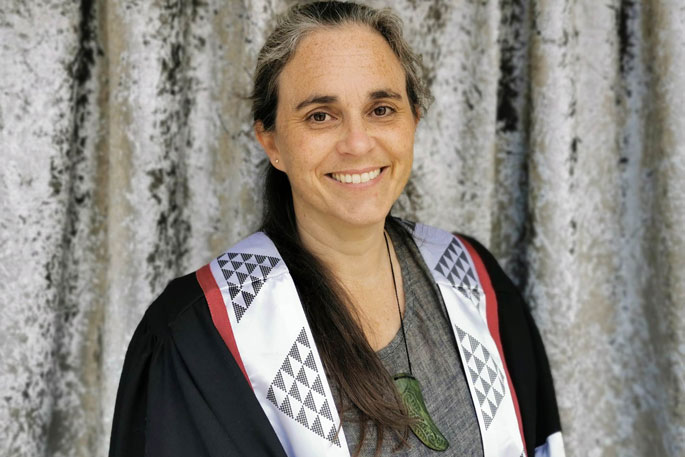People are being encouraged to do their bit to stay well to reduce pressure on the local primary care system already feeling the strain of winter illnesses.
The plea is coming from Western Bay of Plenty Primary Health Organisation and its network of more than 30 general practices.
Winter is traditionally a busy time for GPs and their practice teams, with respiratory viruses circulating more freely as people spend more time indoors.
Compounding the problem this season is Omicron in the community, along with other infectious and serious illnesses that will arrive with the reopening of New Zealand's borders, such as influenza and measles.
June has seen a resurgence of patients arriving at local GP clinics needing clinical treatment for a number of illnesses. As patient demand climbs, waiting times lengthen quickly.
'Pressure is building at general practices, and we know some clinics are facing their own workforce capacity challenges due to Covid and winter illness taking their toll on staff,” says Network Services general manager Phil Back.
'While GPs welcome the chance to connect with patients face to face, we want to remind people that there are simple measures they can take to reduce the spread of infection in the community, and ease the workload for primary healthcare providers.”
The actions are already familiar to people, as they were adopted across the rohe through the past two years of the Covid pandemic, Phil adds.
'Be vigilant about wearing a face mask indoors, especially while out shopping or on public transport. Stay home if you are unwell and the simple action of regularly washing your hands also helps safeguard your personal health this winter.”
Staying active, eating healthy foods, getting plenty of sleep, and spending time outdoors for mental wellness are additional strategies that everyone can do to boost their immunity.
PHO Clinical Director Dr Claire Isham says the single most important defence that people can take to prevent themselves from infection this winter is immunisation.
This applies to Covid-19, influenza and many childhood illnesses that can lead to hospitalisation or, in serious cases, be fatal.
'We encourage everyone to get a Covid-19 booster as it will help prevent serious illness should they get Covid. For whānau, we ask they make sure their children are up to date with the schedule of childhood immunisations, which includes whooping cough and MMR for measles, mumps and rubella.”
The 2022 influenza vaccine has been available since April from GP practices and pharmacies, and it's not too late to get one, says Claire.
'The flu is not a mild illness – about 500 people die of it in Aotearoa in a normal year. Border restrictions mean we've had very little flu in the country over the past two years and our immunity is down. This means we are far more susceptible to a bad flu season this year, especially now that borders have reopened.”
Flu vaccines are free if you are aged over 65, aged over 55 and Māori or Pasifika, pregnant, or have a long-term health condition.
Anyone looking after vulnerable whānau is also encouraged to be vaccinated to protect those most at risk.
The vaccine is available at GP clinics, many pharmacies and Rangiora – Tauranga, a vaccination site at Fraser Cover Shopping Centre.



3 comments
Boosters why?
Posted on 18-06-2022 16:41 | By an_alias
Can someone please ask why Boosters are suggested ? We have 63% of hospital cases being Boosted and they only make up 53% of the vaxxed. Anyone see an issue ?
flu kills 500 was known all along
Posted on 18-06-2022 16:43 | By an_alias
So that is an average 500 die from flu, so why did we lock the country down for so few deaths ?
I have to be honest...
Posted on 20-06-2022 14:46 | By morepork
... the reason I try to stay healthy is not so I can reduce the drain on health services; that's just a bonus. I try to stay healthy because our health system is so broken I'm pretty sure I won't get much help from it, and it therefore makes sense to be responsible for my own health. Having said that, my overworked Doctor does do a fantastic job of helping me to manage it myself. Our Health workers do a fantastic job, but the system suffers from waste and poor management in many cases. We don't see queues getting any shorter and even if you are lucky enough to be able to afford to go private, even that sector is incredibly overworked. The fact is that we simply don't have enough people in the industry, and the ones we do have are under recognized and underpaid.
Leave a Comment
You must be logged in to make a comment.